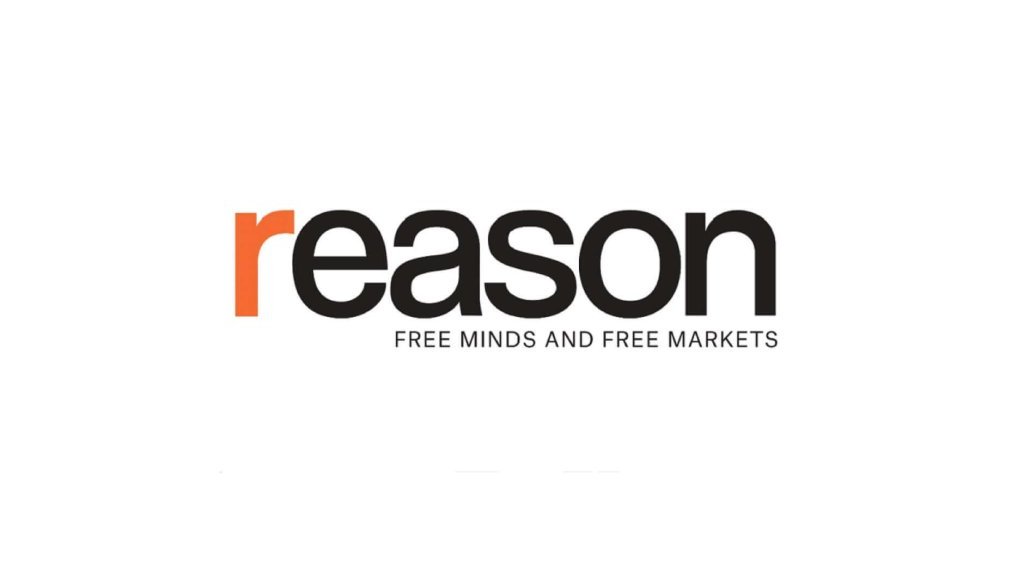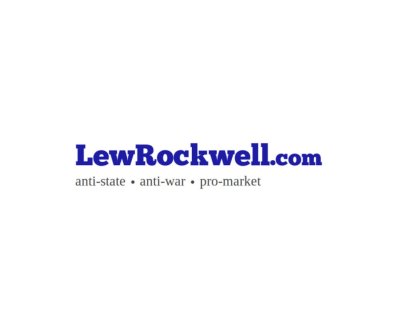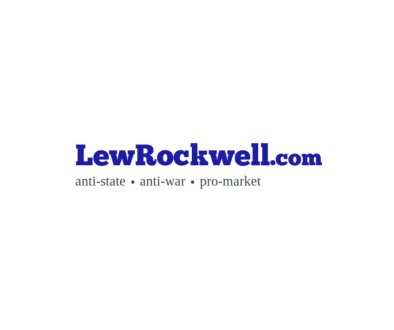I Left Florida To Try Lab-Grown Meat
A company based in San Francisco just became the first in the world to sell direct to consumers what its founders call “cultivated meat,” meaning it didn’t originate from an animal that lived on a farm or in a muddy feedlot but from a giant steel vat.
The first thing I wanted to know—is it delicious? I visited one of the labs of GOOD Meat to taste it for myself.
GOOD Meat, a subsidiary of the company Eat Just, began selling its lab-grown chicken direct-to-consumers in Singapore this past summer and recently received approval from the Food and Drug Administration, which means that it could be coming to a grocery store or restaurant near you.
Except if, like me, you live in the Sunshine State.
“Take your fake lab-grown meat elsewhere. We’re not doing that in the state of Florida,” declared Florida Gov. Ron DeSantis when he banned lab-grown meat last May, claiming that it’s part of a left-wing conspiracy orchestrated by the World Economic Forum (WEF). Alabama followed in Florida’s footsteps with its own ban.
“This is really a vision of imposing restrictions on freedoms for everyday people while these elites are effectively pulling the strings, calling the shots, and doing whatever the hell they want to do in their own lives,” said DeSantis. “These folks at, like, the World Economic Forum and Davos, they meet and they scheme. Those policies are dead on arrival in the state of Florida.”
Founded by Klaus Schwab and host of the famous annual Davos conference, the WEF has, in fact, endorsed lab-grown meat for its potential to reduce the environmental impact of raising animals. But Josh Tetrick, Eat Just’s founder and CEO, says DeSantis’ rhetoric is nonsensical.
“It’s an easy way to sort of establish your anti-woke credibility, by saying that you’re against anything that the global elites in the World Economic Forum want to do,” says Tetrick, who says he has no connections to the WEF. “My [agenda] is not an authoritarian agenda. It’s simply to build a company and try to do some good stuff for the food system.”
Dean Black, a Republican member of the Florida House of Representatives, was instrumental in the passage of the bill banning lab-grown meat in Florida. He disagrees with Tetrick’s assertion that cultivated meat is likely to improve the food system. I visited him at his Jacksonville residence, which, it turns out, is a cattle ranch.
“My family have been raising beef cattle in Florida since 1803,” says Black. “So you might say it’s in my roots. It’s in my blood. And…lab-grown meat, that’s not meat.”
Nearly half of Florida’s agricultural land is used for beef cattle. The Florida Cattlemen’s Association lobbied for the lab-grown meat ban, and its leadership attended DeSantis’ signing of the bill.
But Black maintains that the law is about safety, not protecting an entrenched industry from competition.
“I don’t think ranchers like myself have a lot to fear from consumers choosing the cellular-based nitrogen protein paste over my steak. I just don’t see that as a big threat,” says Black. “My concern as a legislator is about public safety.”
The FDA has been studying the safety of cultivated meat since the industry began developing this technology about a decade ago and has found no evidence of toxic byproducts. In reviewing and approving the applications of Good Meat and its competitor Upside Foods, it’s endorsed the industry’s findings that the products are “as safe as comparable foods produced by other
Article from Reason.com

The Reason Magazine website is a go-to destination for libertarians seeking cogent analysis, investigative reporting, and thought-provoking commentary. Championing the principles of individual freedom, limited government, and free markets, the site offers a diverse range of articles, videos, and podcasts that challenge conventional wisdom and advocate for libertarian solutions. Whether you’re interested in politics, culture, or technology, Reason provides a unique lens that prioritizes liberty and rational discourse. It’s an essential resource for those who value critical thinking and nuanced debate in the pursuit of a freer society.




